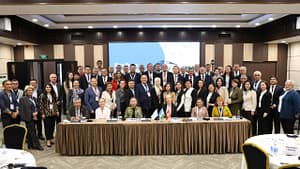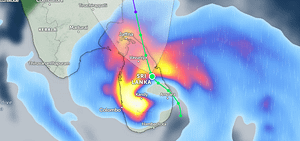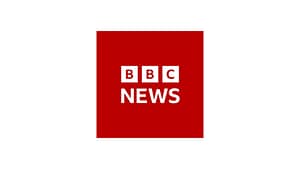The research questions
What are the agricultural, poverty and livelihood, water resources availability and use baseline for the Karkheh Basin?
What are the best-bet water-related interventions that mitigate poverty and improve livelihoods in different agro-ecological and hydronomic zones in the basin?
What are generic methodologies for the assessment of water and poverty and it’s relation to land and water productivity. Can their results be adequately tested in an ex-ante hydro-economic modeling framework to better understand positive impacts and negative feedback
Objectives
The overall objectives of the Basin Focal Projects are
- To reduce poverty and improve livelihoods amongst the poorest in the basin, especially those whose poverty is closely linked to a lack of water.
- To improve the overall productivity of water at basin scale by sustainable use of water resources.
The specific objectives of the BFP research in the Karkheh basin are as follows
- Understand the nature of the hydrology, agro-ecology and water balance of the basin, through a rapid but comprehensive natural resources management assessment.
- Understand the nature and location of poverty.
- Understand and ‘map’ the current status of water productivity in different agricultural systems across the Karkheh basin.
- Assess the performance of existing agricultural systems, including land and water management, which in turn determines land and water productivity and understand the factors that affect them.
- Seek and prioritize stakeholders’ perceptions of research needs in the basin.
- Identify suitable existing and new water-related interventions that could help in improving land and water productivity and reducing poverty.
- To test (ex-ante) the impact of those interventions under different adoption scenarios.
- Prepare comprehensive recommendations for different stakeholders and policy makers to improve future management of land and water resources for poverty alleviation in the Karkheh basin.
- The long term objective of the project is to identify best-bet water related interventions to mitigate poverty or improve livelihoods and test their potential impacts using an integrating modeling framework and the project is developing methodologies to establish the nature and relationship of poverty and livelihoods to water and to understand water productivity across enterprises and farming systems.
- Best-bet interventions, whether policies or technologies, should both improve livelihoods, be sustainable and increase basin-average water productivity.
Methods
- Develop and implement new water accounting and water productivity analysis frameworks for the entire Karkheh river basin.
- Water balance analysis will also be performed to understand the impact of various water management strategies on sustainability of this system.
- Parallel to the hydrological analysis, socio-economic analysis will be performed to understand causes of poverty and identify areas where poverty (and/or productivity) is linked to water provision and management, using a combination of GIS and statistical analysis.
- A hydro-economic analysis using a simple model (possibly a Dynamic Programming approach) to estimate impacts and feedbacks through the hydrologic cycle of alternative interventions and scenarios of likely adoption.
- Wide range of datasets (primary, secondary, survey and remote sensing) and tools (hydrological and statistical models, GIS/remote sensing etc) are used.
Project leader
Mobin-ud-Din Ahmad
Researchers
Gamage, Nilantha; Giordano, Mark; Hassan, M. ul; Islam, Aminul; Qadir, Manzoor; Qureshi, Asad; Turral, Hugh
PhD students: Muttuwatta, Lal; Marjanzadeh, Sara; Masih, Ilyas;
Project Duration
01 October 2005 to 29 February 2008
Location
Global Research Division, Colombo, Sri Lanka IWMI- National Office, Iran










